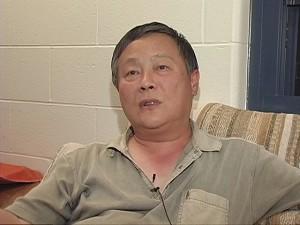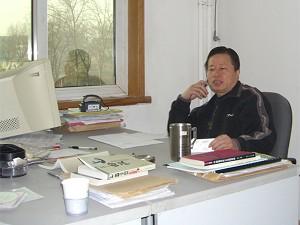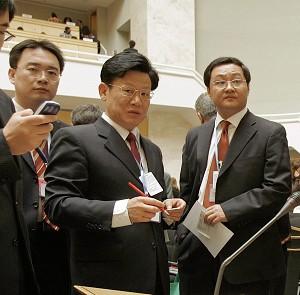Gao Zhisheng sits alone in what was once his law firm’s Beijing office. His phone has been cut off. His Internet shut down. He has been surrounded by secret police for over 100 days and his family is under 24-hours surveillance. He is on hunger strike and he is optimistic.
Meanwhile, Zeng Jinyan feels paralyzed on her couch at home. Her husband, Hu Jia, a prominent activist for the rights of HIV/AIDS patients, was kidnapped three weeks ago and has not been heard from since.
“I have made a decision,” Zeng writes in her weblog. “From now on, besides water, I won’t eat or drink anything. I will fast until the moment Hu Jia comes back.”
In a time zone exactly half a calendar day away, Wei Jingsheng has long since regained his freedom. One of the world’s most prominent Chinese rights fighters had spent 15 years in detention for his pro-democracy lobby. Though in Washington, DC, he too is on hunger strike, his thoughts with the likes of Gao, Zeng, and Hu.




